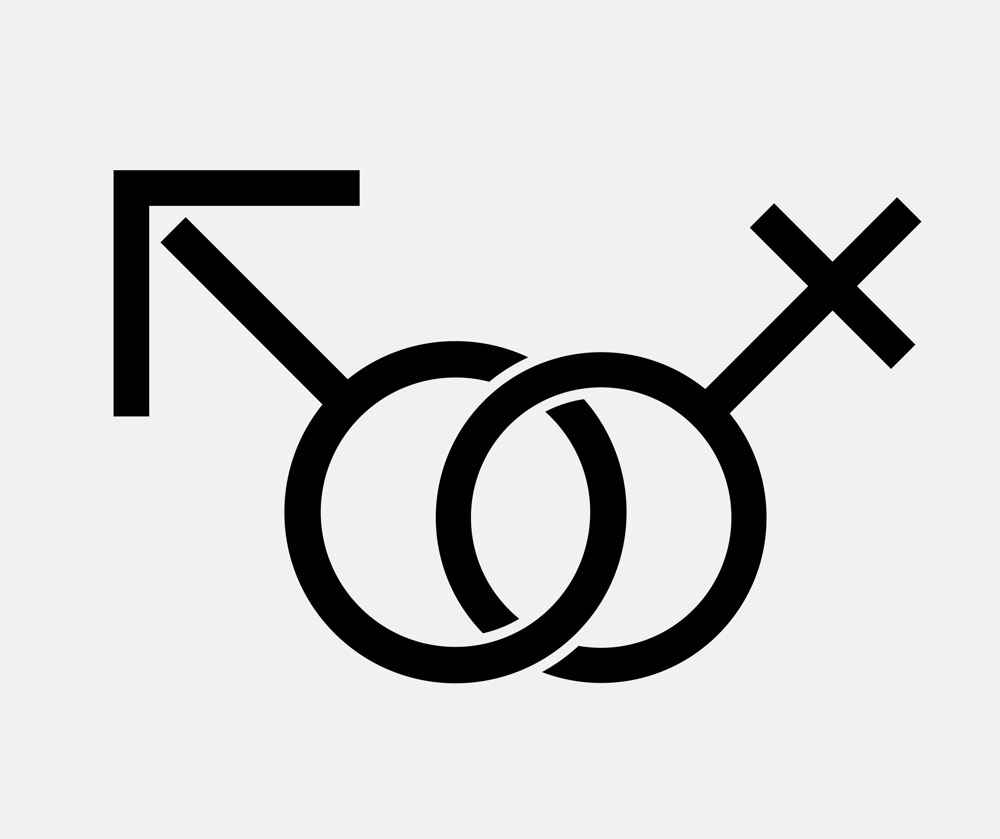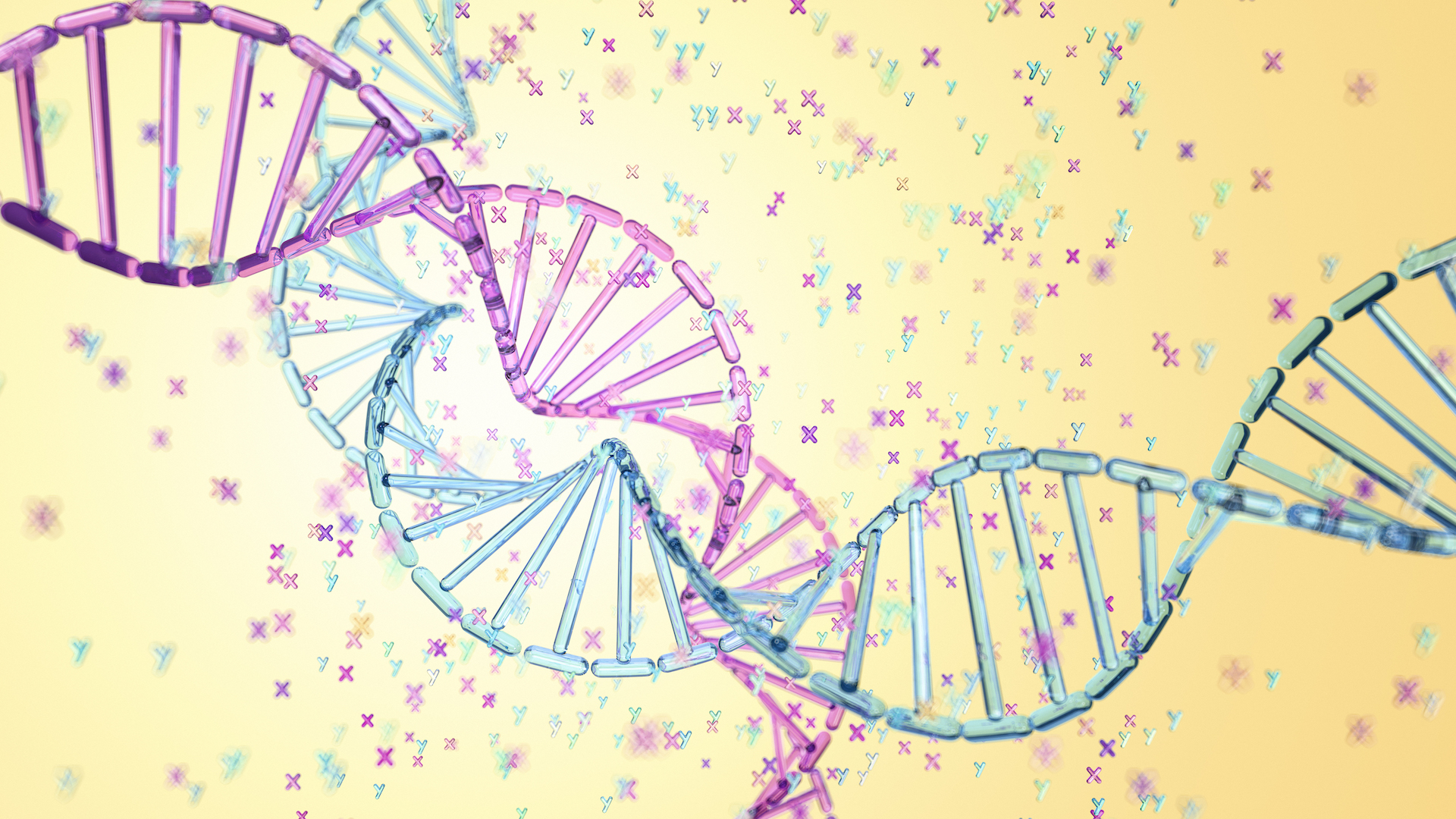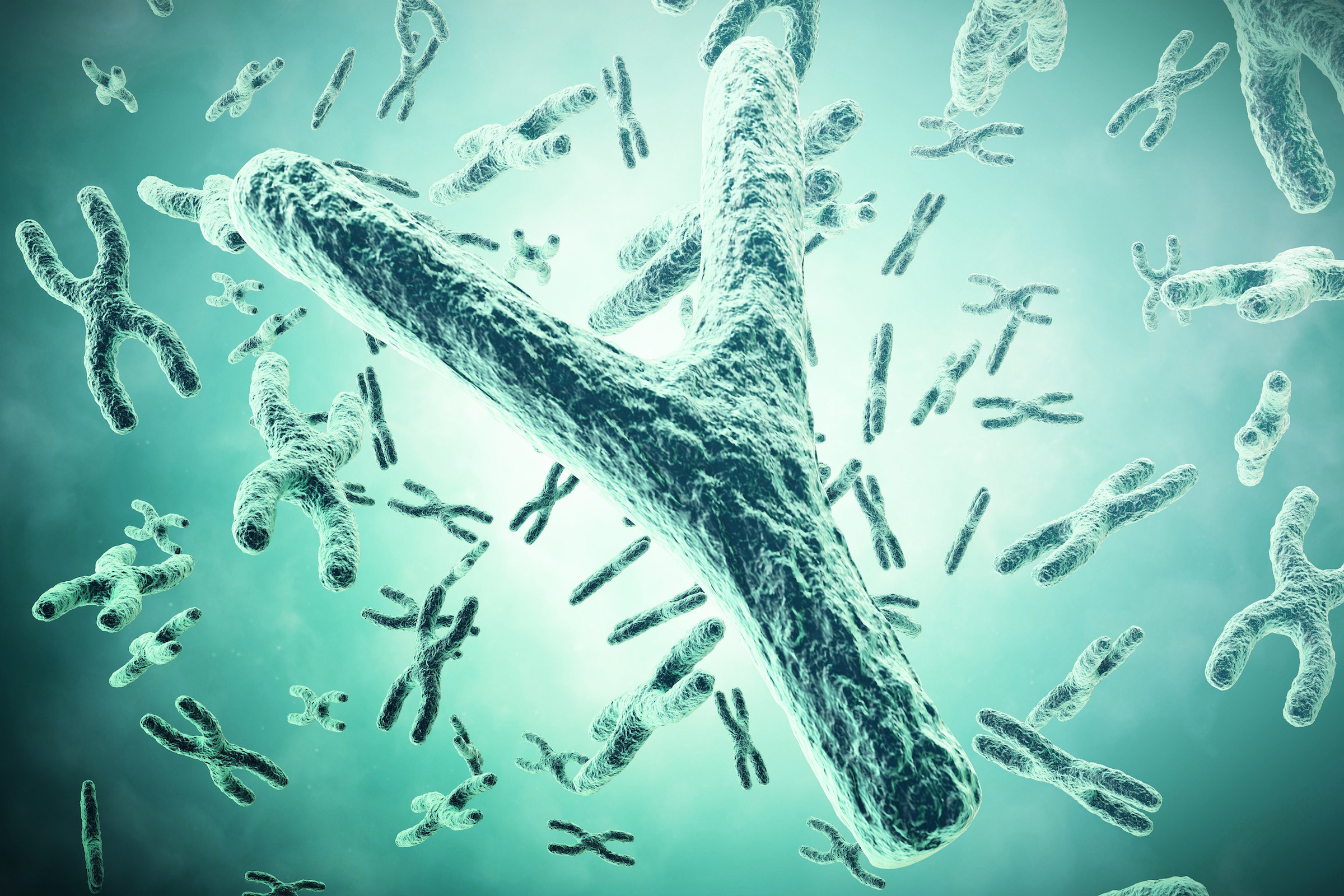Gender

The terms "sex" and "gender" are frequently used interchangeably, but the connotations of "gender" are more complex. The word refers to a range of social characteristics that define what is typically accepted as "masculine" or "feminine," including gender identity, and individual's biological sex, and social structures that are based upon sex, not all of which fit neatly into a male/female binary interpretation. Here you can the latest research exploring the relationship between sex and gender, and discover how new discoveries in biology and cognition are changing the ways in which we define ourselves.
Latest about gender

Is there really a difference between male and female brains? Emerging science is revealing the answer.
By Nicoletta Lanese published
Brain scans, postmortem dissections, artificial intelligence and lab mice reveal differences in the brain that are linked to sex. Do we know what they mean?

Why genetic testing can't always reveal the sex of a baby
By Maggie Ruderman, Kimberly Zayhowski published
Gender and sex are more complicated than X and Y chromosomes.

1st-ever ancient case of Turner syndrome, with just 1 X chromosome instead of 2, found in ancient DNA
By Kristina Killgrove published
A new DNA technique has detected evidence in Iron Age skeletons of Turner, Klinefelter and Down syndrome.

Men's and Women's Personalities: Worlds Apart, or Not So Different?
By Rachael Rettner last updated
Men and women's personalities are worlds apart, a new study says, but other researchers say it ain't so.

Men's and Women's Personalities: World's Apart, or Not So Different?
By Rachael Rettner last updated
Men and women's personalities are worlds apart, a new study says, but other researchers say it ain't so.

Talk, Talk, Talk: One Thing We Do Better than Apes
By Meredith F. Small last updated
Chat is what humans are all about.

What's the most popular color in the world?
By Tia Ghose published
The most popular color can vary by culture, gender and time.

What does transgender mean?
By Alina Bradford, Timothy Williamson published
Reference The term transgender describes people whose gender identity differs from the sex to which they were assigned at birth.
Sign up for the Live Science daily newsletter now
Get the world’s most fascinating discoveries delivered straight to your inbox.


